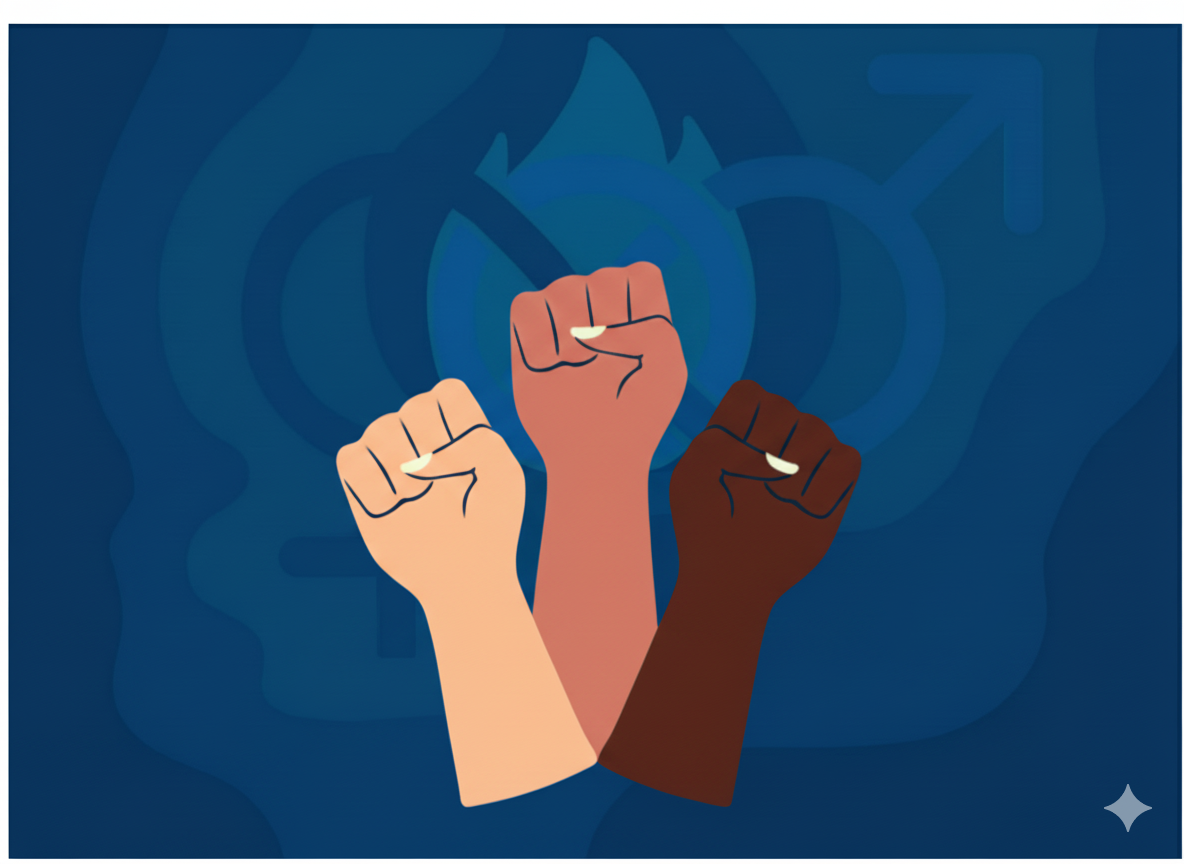Illustration: Canva

Director's update: Addressing the human rights funding crisis
Addressing a meeting convened by the UN Human Rights Council President and UN High Commissioner for Human Rights on the UN funding crisis, ISHR Director Phil Lynch outlined a plan of action for States to save the UN human rights system and protect the communities it serves.
The world faces a multi-dimensional human rights crisis.
It’s an accountability crisis, with atrocity crimes perpetrated with impunity in Sudan, Palestine, Ukraine and Afghanistan, among other situations.
It’s a normative crisis, characterised by attacks on women’s rights, LGBTIQ+ rights, international courts and mechanisms, and even jus cogens norms like the absolute prohibition on extrajudicial executions.
And it’s a funding crisis, with the UN human rights pillar being starved of resources. This means that fewer human rights violations are prevented, fewer human rights defenders are protected, fewer perpetrators are held accountable, and fewer victims receive justice.
A recent ISHR report has found that the US, China, Russia and Israel are among the most egregious contributors to this multi-dimensional crisis.
Despite this, the need for a credible, adequately resourced international human rights system has never been greater, both to address global challenges like the climate crisis and the regulation of artificial intelligence, and to provide a vital platform for those denied justice at the national level.
ISHR urges States to take four key steps to address the funding dimensions of this crisis. States should take action as a matter of both national and collective interest.
First, States from all regions should form an alliance to defend human rights and multilateralism, and reject lawlessness and authoritarianism. We welcome initiatives from Chile and the Netherlands, and from Mexico and Norway, in this regard.
Second, States should protect the human rights pillar from disproportionate funding cuts. Any cuts to the already chronically underfunded pillar – which accounts for less than 1% of overall UN expenditures – will substantially erode its efficiency and effectiveness, rendering it unable to deliver on its mandate to promote and protect human rights on the ground. The collapse of the human rights pillar would also have catastrophic costs for international peace, security and development.
Third, States should pay their UN membership dues in full and on time, support the UN Secretariat’s call to suspend the return of unspent credits, and increase their voluntary and unrestricted contributions to the Office of the High Commissioner for Human Rights.
Finally, States must ensure that the funding crisis is not used opportunistically to limit civil society participation or to constrain the independence and effectiveness of Special Procedures, accountability mechanisms and Treaty Bodies. Civil society participation ensures that the UN remains relevant and responsive to rights holders and affected communities, while independent mechanisms ensure that human rights situations and issues can be addressed on their merits, without selectivity or political interference.
The UN80 reform process provides an opportunity and imperative to safeguard and strengthen the international human rights ecosystem. We must collectively rise to this challenge at a time of unprecedented human rights crisis and need.
A version of these remarks was delivered by ISHR Executive Director Phil Lynch at a meeting on 5 November 2025 convened by the UN Human Rights Council President.
